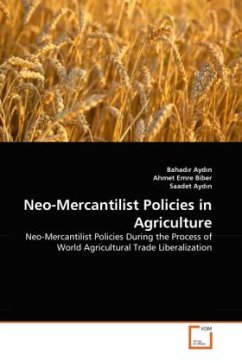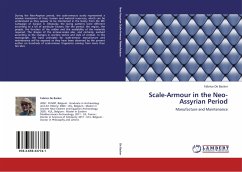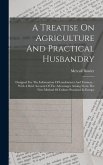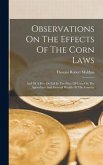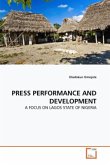The main argument of this study is that the protection policies such as high customs tariffs, export restrictions and non-tariff barriers implemented in foreign trade in various periods from the 17th century to the 20th century are still valid today and mostly implemented by countries developed in agricultural product trade. In this context, this study seeks to explain the policies commonly called as neo-mercantilist and implemented during the liberalization process of the world trade especially after the World War II in terms of the reasons and consequences. Another argument put forward in this study is that the policies implemented result in an unequal development process of the trade relations between the developed and underdeveloped countries in terms of the world agriculture trade. The reason is that these policies are generally set in line with the interests of the developed countries. In this process, trade interests of the underdeveloped countries are manipulated as the hegemony power of the developed countries in world agriculture markets increases. This argument will also be put forward in this study in terms of the reasons and consequences.
Bitte wählen Sie Ihr Anliegen aus.
Rechnungen
Retourenschein anfordern
Bestellstatus
Storno

